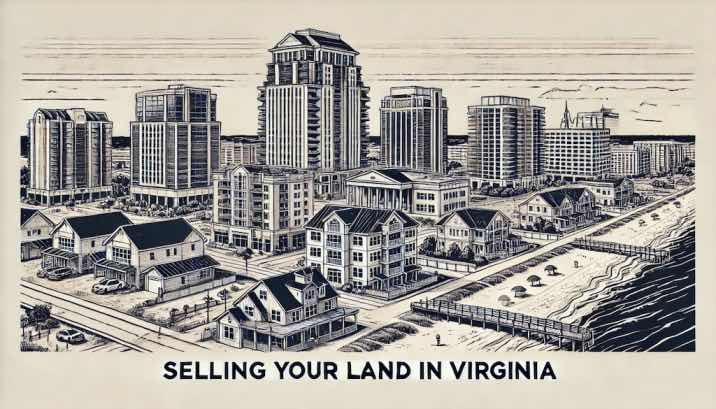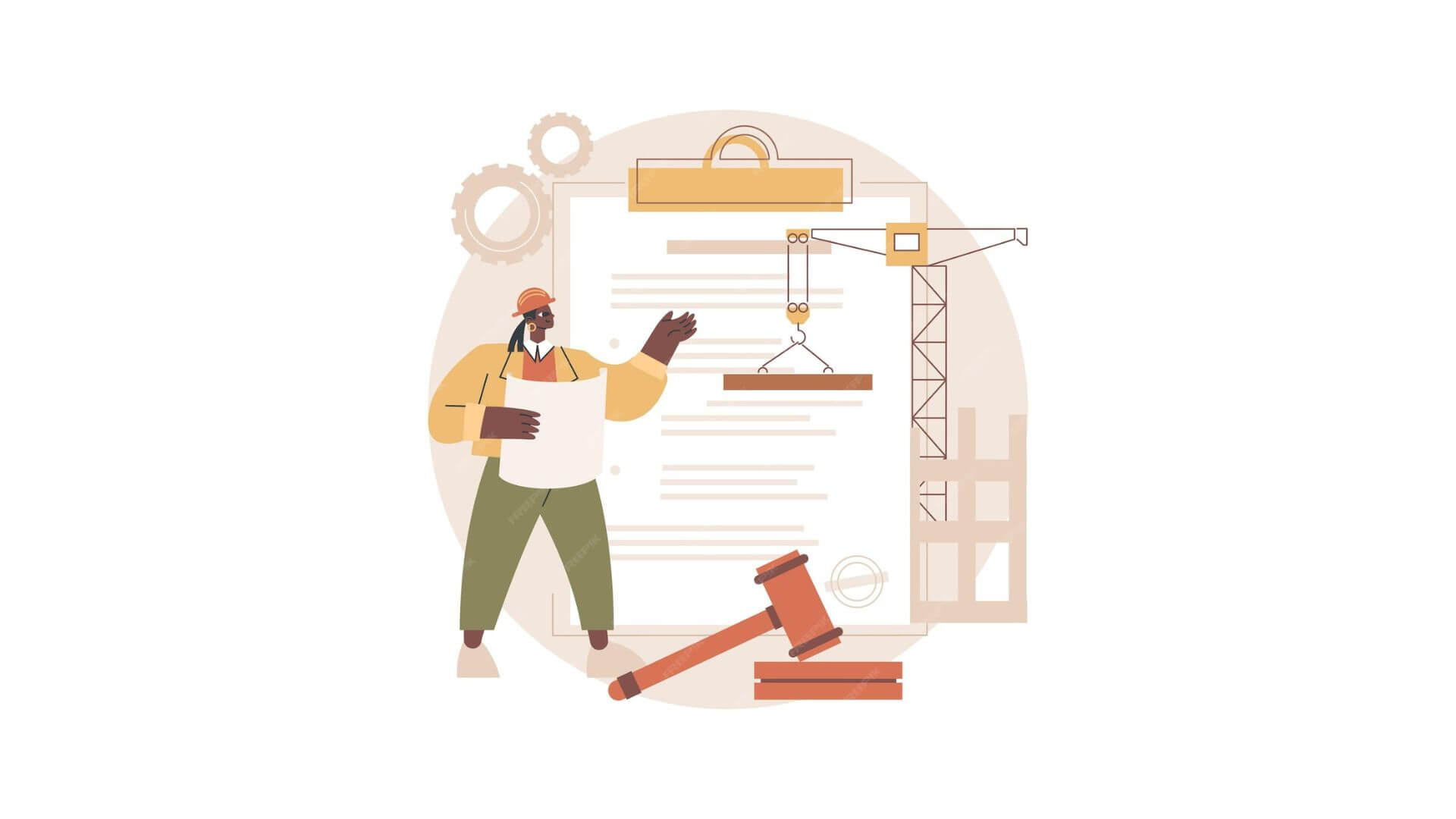Selling land can feel like an uphill battle—kind of like navigating Virginia’s Blue Ridge Parkway in a beat-up station wagon. But with the right plan, a little creativity, and a touch of expert advice, you can sell your property faster than you think. And if you’re looking to make the process even easier, consider working with Bubba Land Company to sell my land in Virginia. So, if you’re ready to say goodbye to your Virginia acreage, let’s get started with this step-by-step guide to getting it sold, stress-free.
1. Know Your Terrain: Understanding the Virginia Land Market
Virginia is a land of endless possibilities, from the rolling hills of the Shenandoah Valley to the flat farmlands of Tidewater. It’s no wonder buyers are eager to scoop up land here. Whether you’re selling rural farmland, forested acreage, or a lot in a bustling suburban neighborhood, understanding the local market is crucial.
Land prices in Virginia have been climbing steadily, thanks to population growth and a thriving economy. Research recent sales in your area to see what similar properties are going for—this knowledge will give you a solid starting point for pricing your land competitively.
2. Prep Work: Getting Your Land Ready to Shine
First impressions matter, even when it comes to selling land. A property that looks inviting and well-maintained will catch buyers’ eyes faster than one that’s overgrown with weeds. Spend a little time clearing brush, picking up debris, and maybe even adding a simple “For Sale” sign near the road. Bonus points if you highlight unique features, like a gorgeous view or a prime location.
Speaking of preparation, don’t forget the paperwork. Gather documents like the deed, recent surveys, and any zoning or land-use permits. Having everything ready to go will save you—and your buyer—a lot of headaches later.
3. Price it Right: Setting the Perfect Asking Price
Pricing land is part art, part science. You want to attract buyers without undervaluing your property. A good starting point is to look at recent sales of similar parcels in your area. Keep in mind that the size, location, and usability of your land all play a big role in determining its value.
Avoid the temptation to price too high, thinking you’ll “leave room for negotiation.” In many cases, buyers will just move on to something else. On the flip side, don’t sell yourself short by pricing too low. Aim for that Goldilocks zone: a price that’s just right.
4. Marketing Your Land: Getting the Word Out
Selling land isn’t just about listing it; it’s about marketing it to the right audience. Start by creating an online listing with plenty of high-quality photos. Websites like LandWatch, Zillow, and Realtor.com are great places to start. Make sure your description is detailed, engaging, and focuses on what makes your property stand out.
Don’t overlook social media. A well-placed Facebook Marketplace ad or Instagram post can bring in potential buyers. And for those who prefer tried-and-true methods, a classic “For Sale” sign near the road or flyers at local businesses can still work wonders.
If all of this sounds like a lot, don’t worry—you don’t have to go it alone. Bubba Land Company specializes in helping landowners sell my land in Virginia. From marketing to closing, we’re here to make the process as smooth as a hot knife through butter.
5. Legal Must-Knows: Staying on the Right Side of Virginia Laws
Selling land in Virginia comes with its fair share of legal requirements. One biggie? Disclosure. If there are issues with your property—like zoning restrictions or pesky easements—you need to let buyers know. Surprises at closing aren’t fun for anyone.
It’s also essential to know what your land is zoned for and communicate that to buyers. Whether your property is suited for farming, residential development, or something else entirely, clarity is key. Not sure where to start? Your local zoning office can help, or you can consult with a real estate professional.
6. Negotiation and Closing: Sealing the Deal
Negotiating can feel daunting, but it doesn’t have to be. Start by knowing your bottom line—the lowest price you’re willing to accept. Stay firm but open-minded during negotiations. If a buyer makes an offer that’s lower than you’d like, use your market research to explain why your price is fair.
Once you’ve agreed on terms, it’s time to close the deal. This typically involves a title company or real estate attorney handling the paperwork. They’ll ensure everything is in order, from transferring the deed to making sure the buyer’s financing is secured. Once that’s done, congratulations—you’ve officially sold your land!
Conclusion: From Listing to Closing with Confidence
Selling land in Virginia might seem like a daunting task, but with the right approach, it can be surprisingly straightforward. From preparing your property and pricing it right to marketing it effectively and handling the legal details, every step you take brings you closer to that “Sold” moment.
Of course, you don’t have to go through it all alone. At Bubba Land Company, we specialize in helping landowners sell my land in Virginia quickly and easily. Let us handle the heavy lifting so you can focus on what matters—celebrating your success and planning your next adventure.
So, take a deep breath, dive into the process, and know that help is just a click away. With a little effort and the right support, you’ll be turning “For Sale” into “Sold” faster than you can say “Virginia is for land lovers.” Here’s to a smooth sale and a bright new chapter!





